5D multi-omic technology is helping to answer vital questions in spatial biology at unprecedented speed.
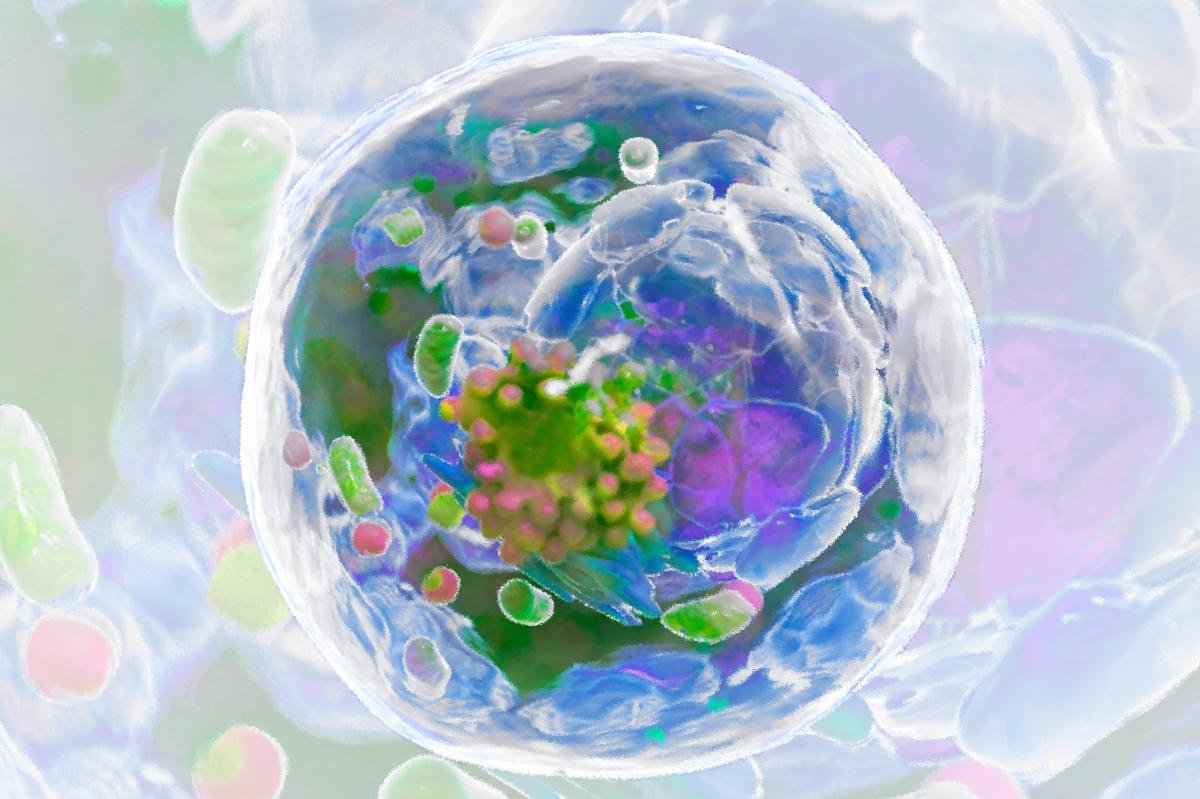

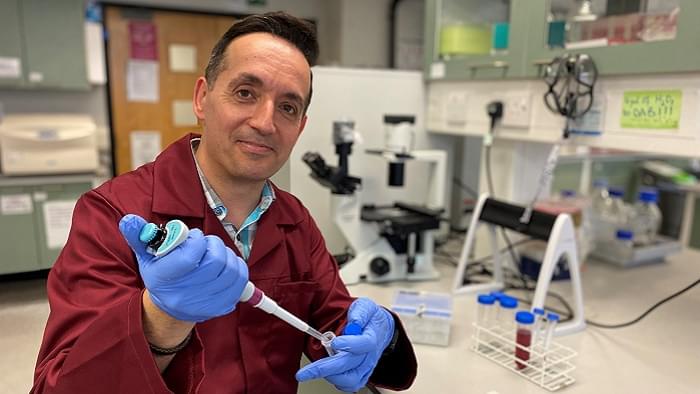
Researchers in Sheffield Hallam University’s Biomolecular Sciences Research Centre, in partnership with Paxman, have discovered that combining scalp cooling treatment with antioxidants can significantly reduce or even prevent the damage to hair follicles caused by chemotherapy drugs. This breakthrough has the potential to enhance and standardise scalp cooling efficacy levels, potentially transforming it into a more consistent and universally reliable method.
Led by Dr Nik Georgopoulos, the study uses human keratinocytes and hair follicle cultures to test the effects of cooling and antioxidants on chemotherapy-treated cells. The research was the culmination of years of work in partnership with the Paxman Scalp Cooling Research Centre.
The paper, which has been published today (Tuesday 8 July) in the journal Frontiers of Pharmacology, showed for the first time that.
New breakthrough in preventing chemotherapy-induced hair loss and could make a real difference to the lives of cancer patients worldwide.


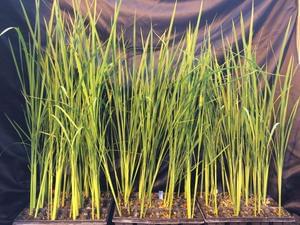
The future of sustained space habitation depends on our ability to grow fresh food away from Earth. The revolutionary new collaborative Moon-Rice project is using cutting-edge experimental biology to create an ideal future food crop that can be grown in future deep-space outposts, as well as in extreme environments back on Earth.


A blood-test analysis developed at Stanford Medicine can determine the “biological ages” of 11 separate organ systems in individuals’ bodies and predict the health consequences.
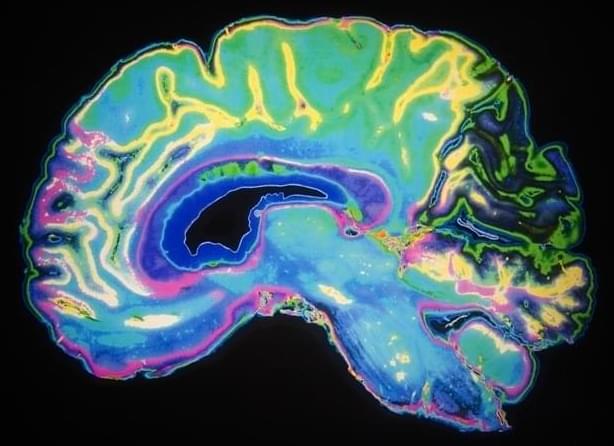
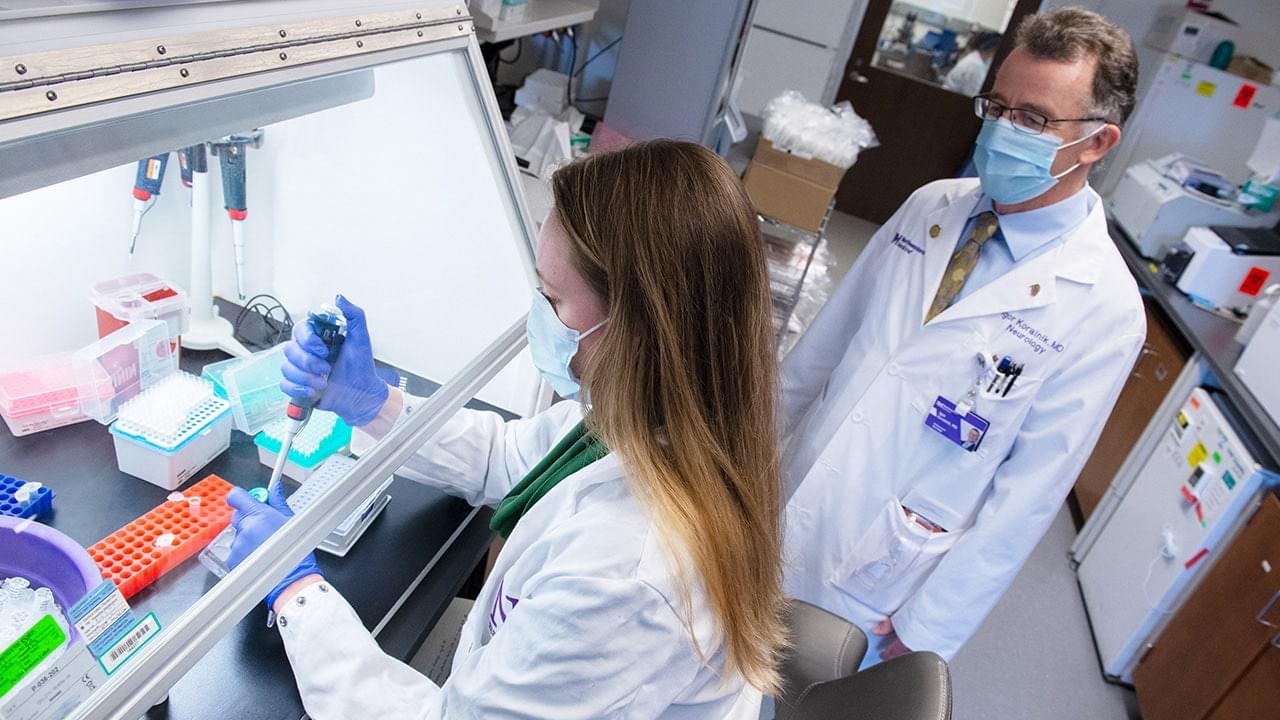
Researchers in Chicago believe they’ve found a virus that could be a trigger for Parkinson’s disease.
Parkinson’s impacts millions of people in the United States, according to Northwestern Medicine, and while some cases are linked to genetics, most cases are not.
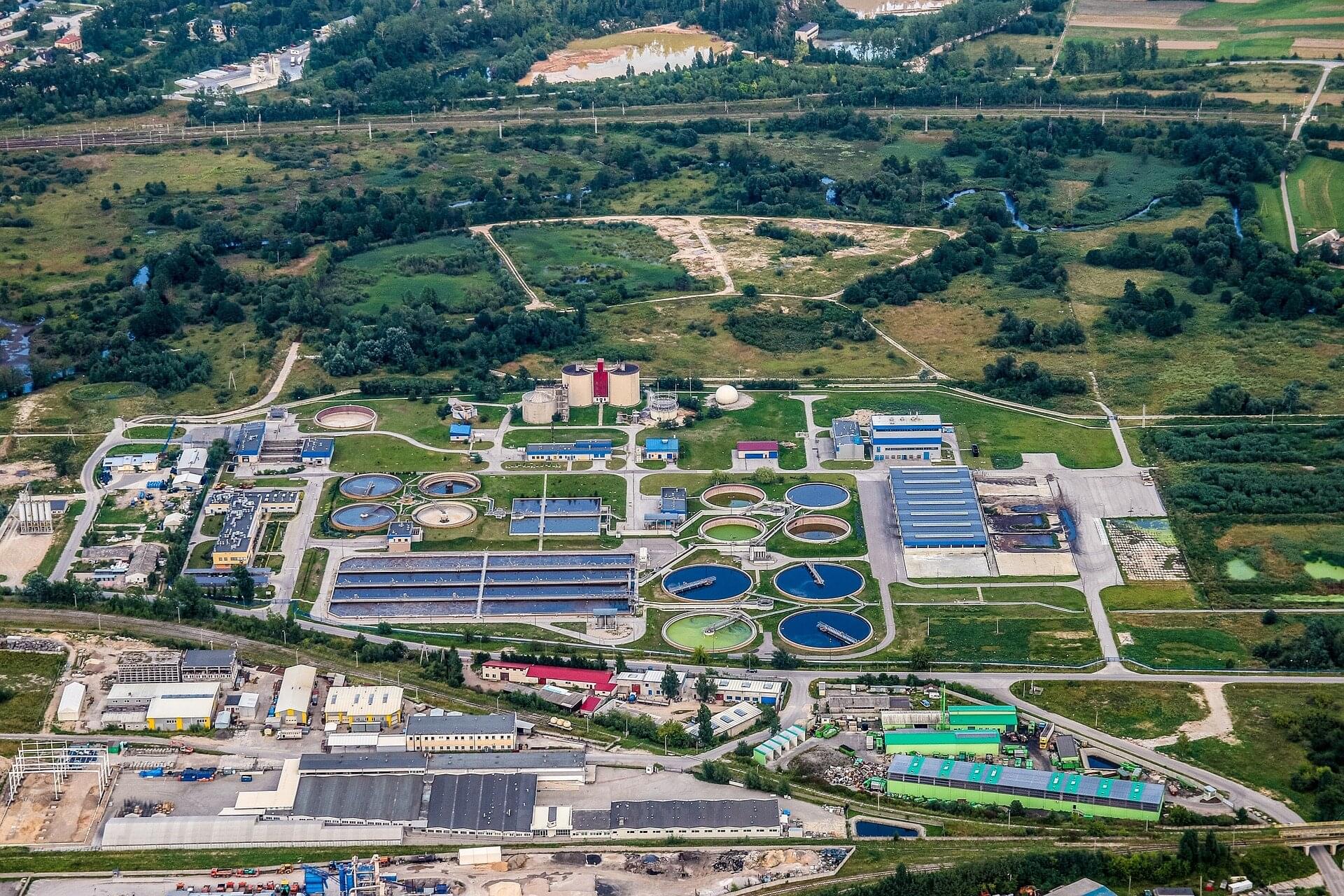
When people take antibiotics, some of the dose is excreted with urine and feces and ends up in our wastewater. The presence of this low dose of antibiotic creates an opportunity for resistant bacteria to evolve.
Scientists studying antibiotic-resistant bacteria in wastewater at a treatment plant discovered multi-drug-resistant strains of bacterial species which are usually not dangerous to healthy people, but which could transmit genes for antibiotic resistance to much more dangerous bacteria like E. coli.
The scientists then challenged the bacteria with natural compounds which could potentially be included in wastewater treatment to kill off bacteria and fight antibiotic resistance. The most effective were curcumin, which comes from turmeric, and emodin, from rhubarb.